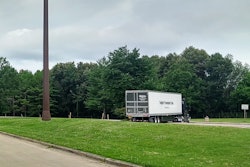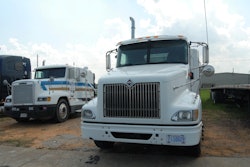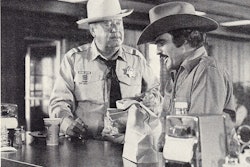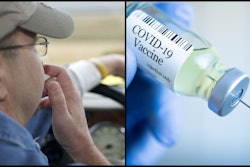Last month a trucking company in Illinois contacted me. They were concerned about the high cost of their trucking insurance and asked if I could help. I reviewed their policy’s declaration pages and noticed they were paying for insurance that was neither required or really of any use to them.
They were paying for coverage that they'd be hard-pressed ever finding a reason to tap. They didn’t have any exposure or risk that would ever necessitate filing a claim under that coverage.
As owner-operators or small fleet owners, when we talk to insurance agents about "trucking insurance," typically we really mean one of our bigger-ticket expenses when it comes to insurance, whose legal name is “Commercial Auto Insurance.” The term itself, though, is broad and can be used to designate any insurance for any business of any kind that uses any type of a vehicle for business purposes. Understanding this is vital when you're shopping your trucking insurance coverage.
 Headquartered in Illinois, independent owner-operator and author of this story W. Joel Baker has maintained his carrier authority since 1999. All told, he's amassed 40 years of experience in trucking operating a wide array of equipment. Today, he's also a licensed insurance agent specializing in providing trucking insurance (commercial auto insurance) to other truck owners. Find his website and more via his bio at this link.
Headquartered in Illinois, independent owner-operator and author of this story W. Joel Baker has maintained his carrier authority since 1999. All told, he's amassed 40 years of experience in trucking operating a wide array of equipment. Today, he's also a licensed insurance agent specializing in providing trucking insurance (commercial auto insurance) to other truck owners. Find his website and more via his bio at this link.
- Commercial general liability. If independent owner-operator is the phrase that describes your business, trucking with your authority, then there's a high likelihood you operate your business from your home residence. Your physical, non-mobile place of business is not open to the public or to customers. As such, in many cases the smallest carriers have no use for “Commercial General Liability," which covers you for liability to individuals visiting your place of business, such as a dispatcher's office or maintenance facility. **Note: Of course, don't confuse general liability with “Commercial Auto Liability,” at least $750,000 of which is required by federal law for all carriers, generally speaking.
- Hired auto coverage. Independent owner-operators and other small trucking companies also seldom have use for “Hired Auto” insurance coverage, which covers liability expenses for accidents involving vehicles that your business uses for "work purposes" but that you don't own. Since independents and small fleets typically don't hire anyone with an auto to use for work purposes, this coverage serves no purpose.
- Non-owned auto liability. Similar to "hired auto," this type of coverage is also typically not necessary. Non-owned auto liability covers the company's liability when the personal vehicle of an employee or temp staff member, whether owned or rented by them, is driven for business. Since an independent owner-operator has personal auto insurance on the personal vehicle they might use to pick up parts or other errands, it's most likely they have adequate insurance for any issues experienced on those errands. **Note: Yes, "Hired auto" and "Non-owned auto" are in fact very similar. The way I like to distinguish them is to note that the former is coverage that applies in a more formal, contractual relationship. "Non-owned auto" could apply to more casual situations such as when you might ask a driver/employee to make a quick run to the parts store for a case of oil or a set of batteries.

In the case I mentioned at the top of this story, the family-owned small carrier was made up of two brothers and their sister. Both brothers had their own truck and trailer and their sister filled the duties of dispatcher and safety manager for the company. After a careful review, I dug deeper into their policy and was able to save them almost a grand annually by removing unnecessary coverages. Now, they frequently reach out for both trucking and insurance guidance – I'm always happy to help.
Knowing whether or not these coverages are necessary can save any truck owner, especially an independent owner-operator, potentially thousands of dollars on their annual insurance premiums.
Readers can find plenty avenues for information about the ins and outs of trucking insurance and other aspects of running an owner-operator business in the updated 2021 edition of Overdrive’s Partners in Business manual for owner-operators and prospective owner-ops, produced in partnership with ATBS. It's available for download via the link.
[Related: Trucking trends to watch in 2021: Speed limiters, insurance]










